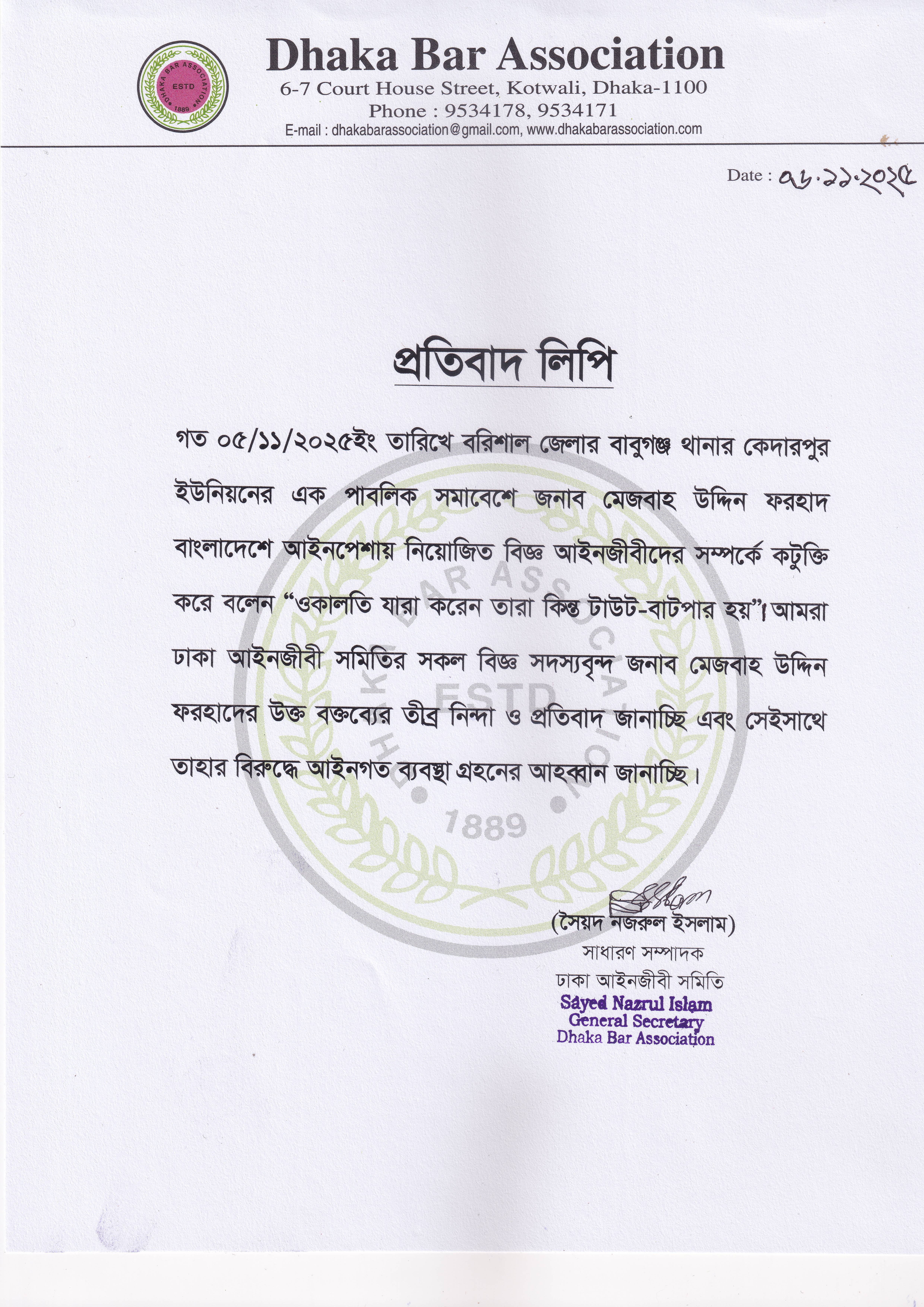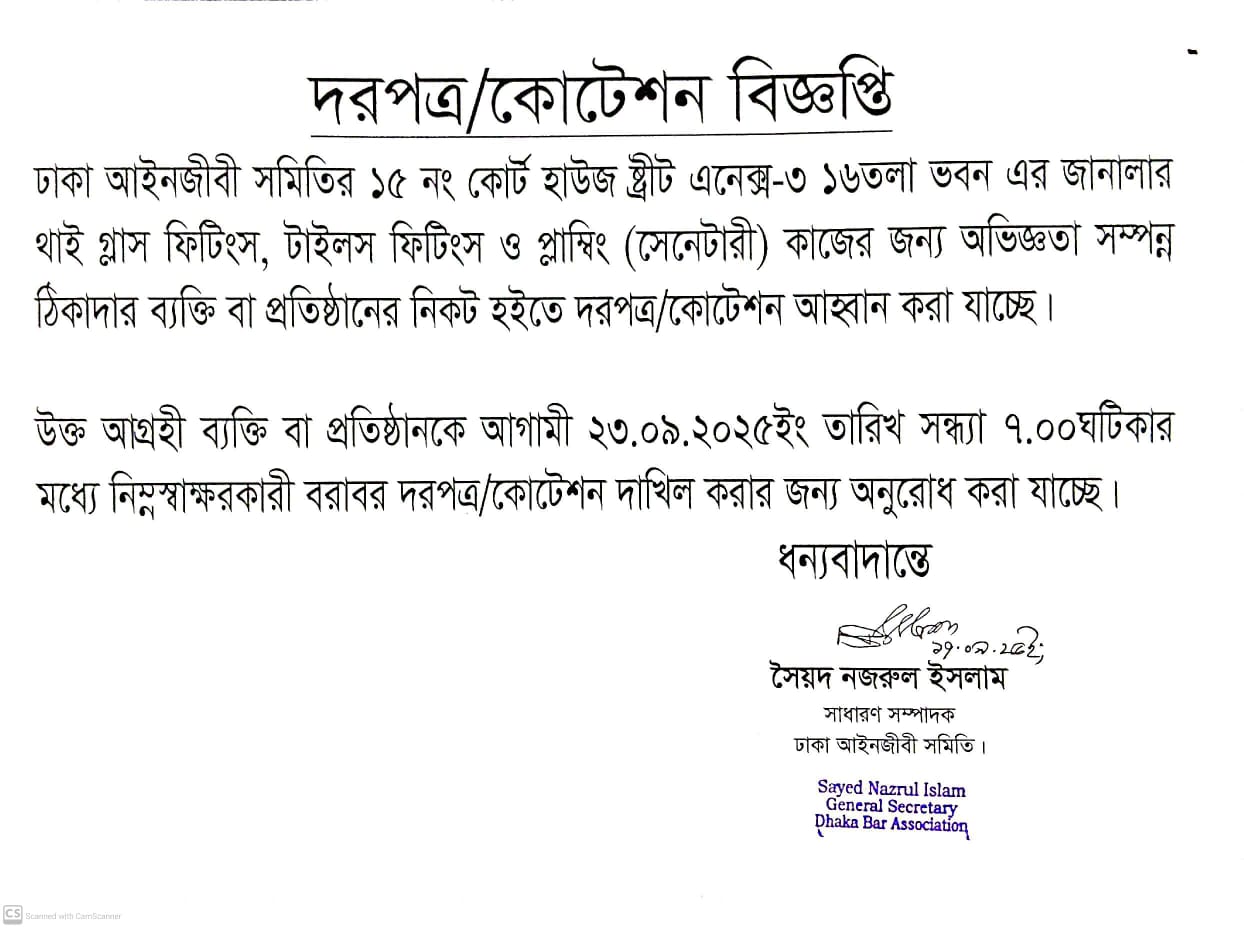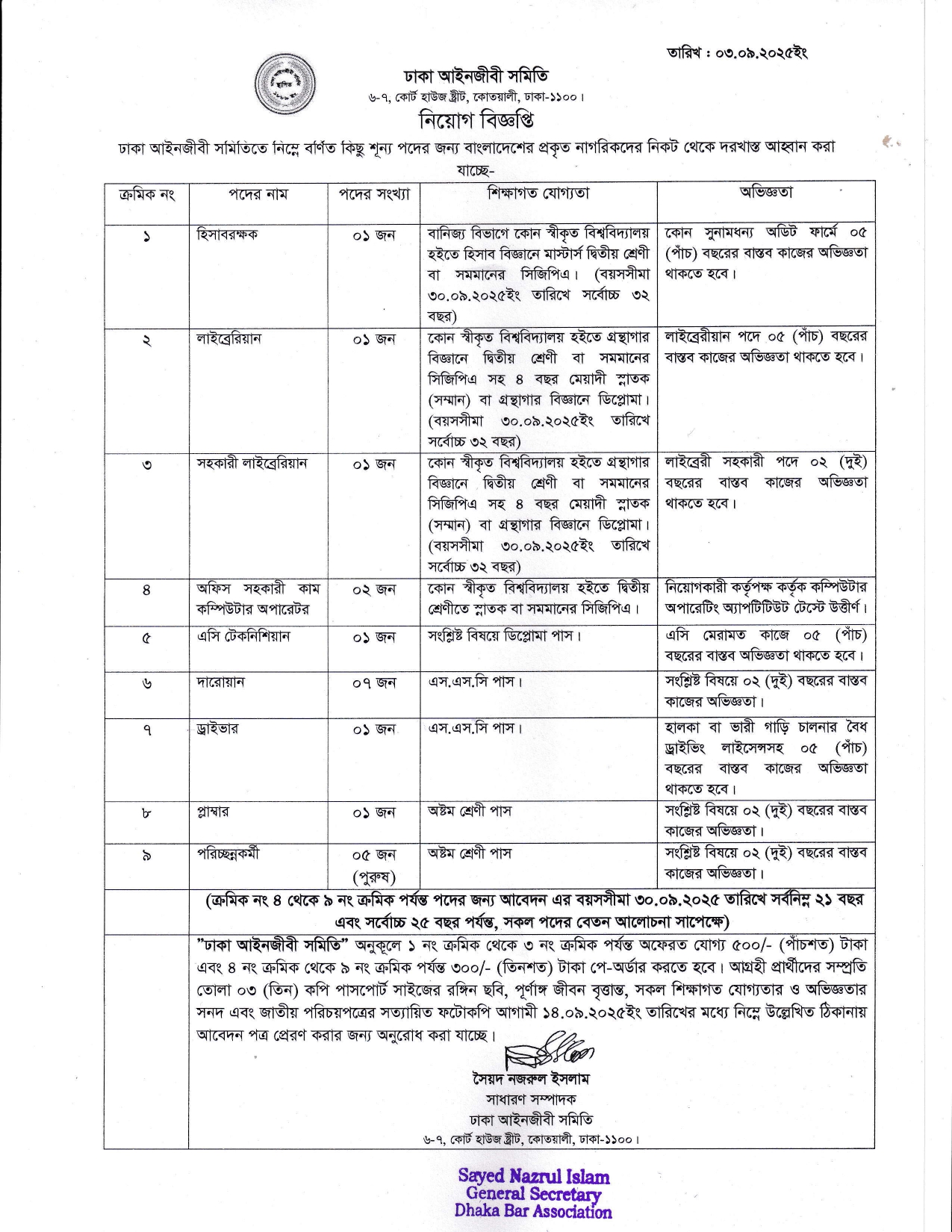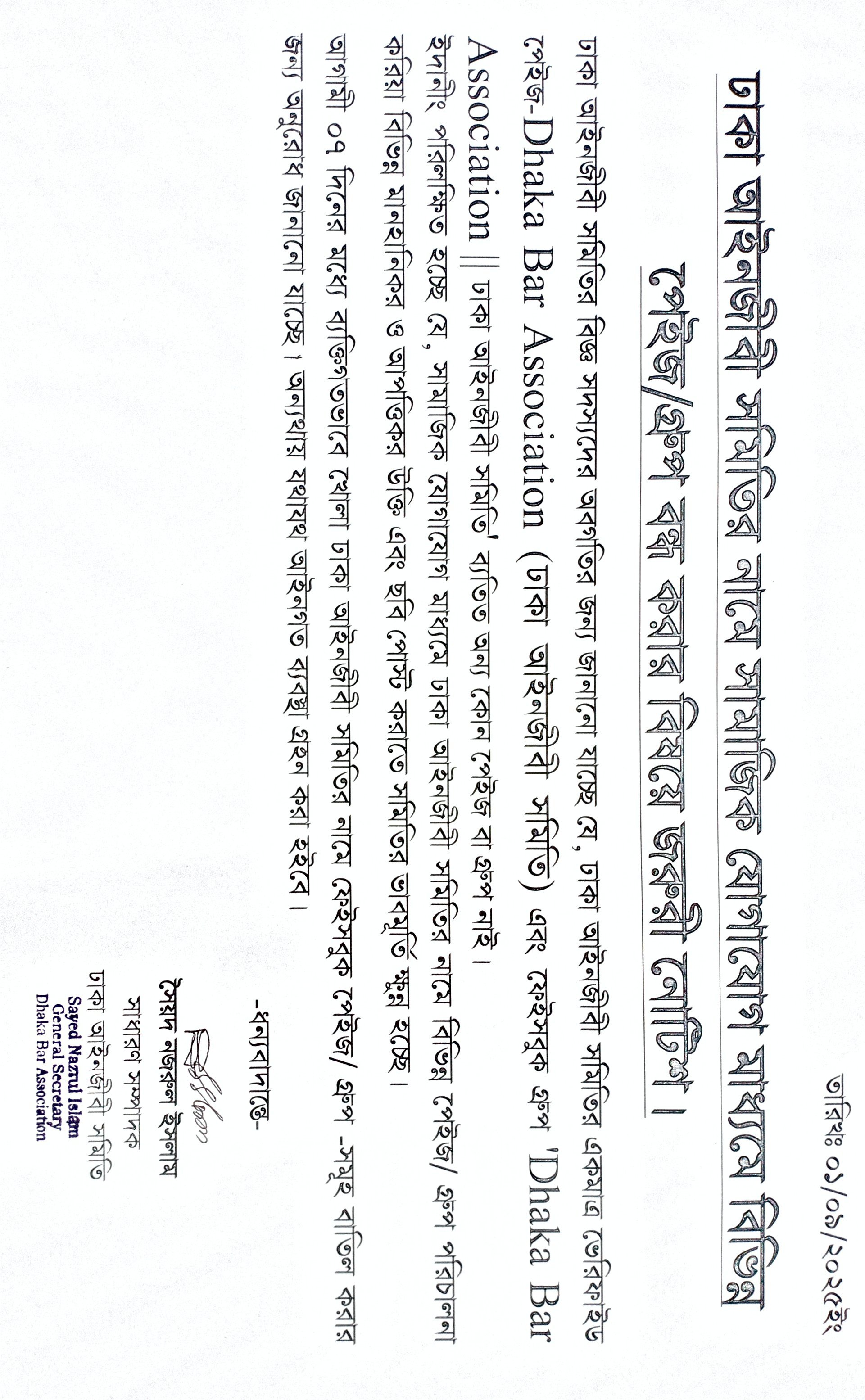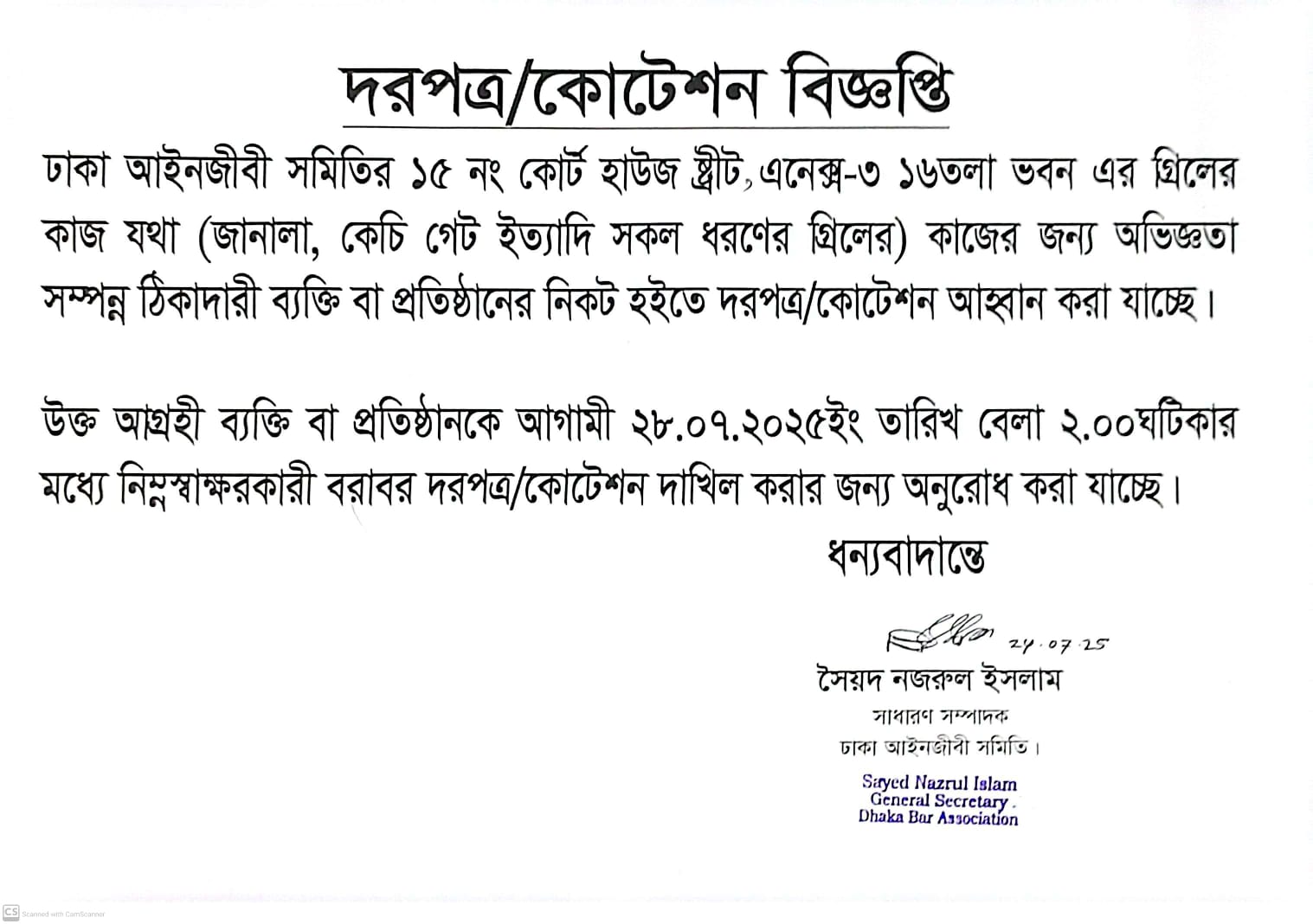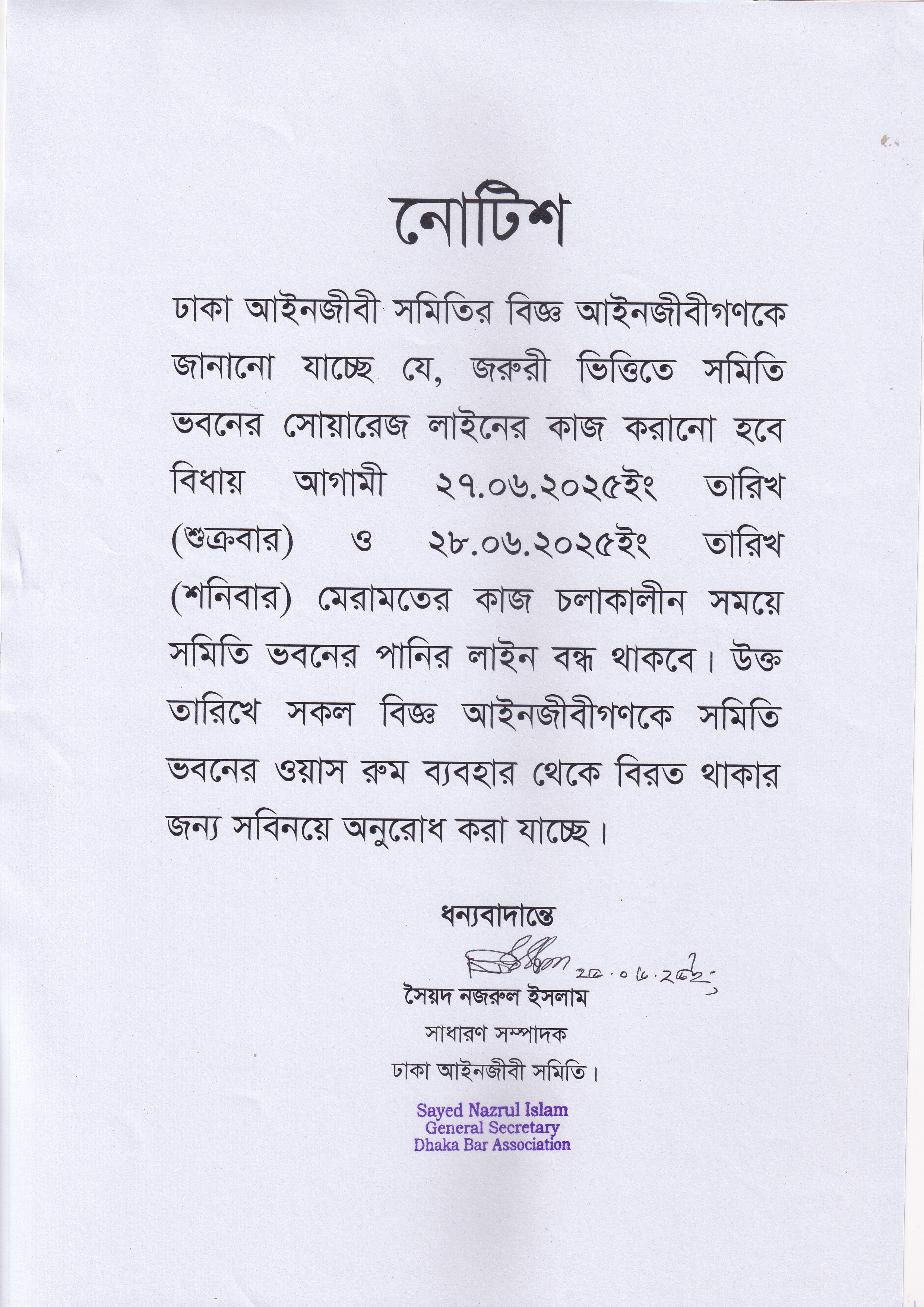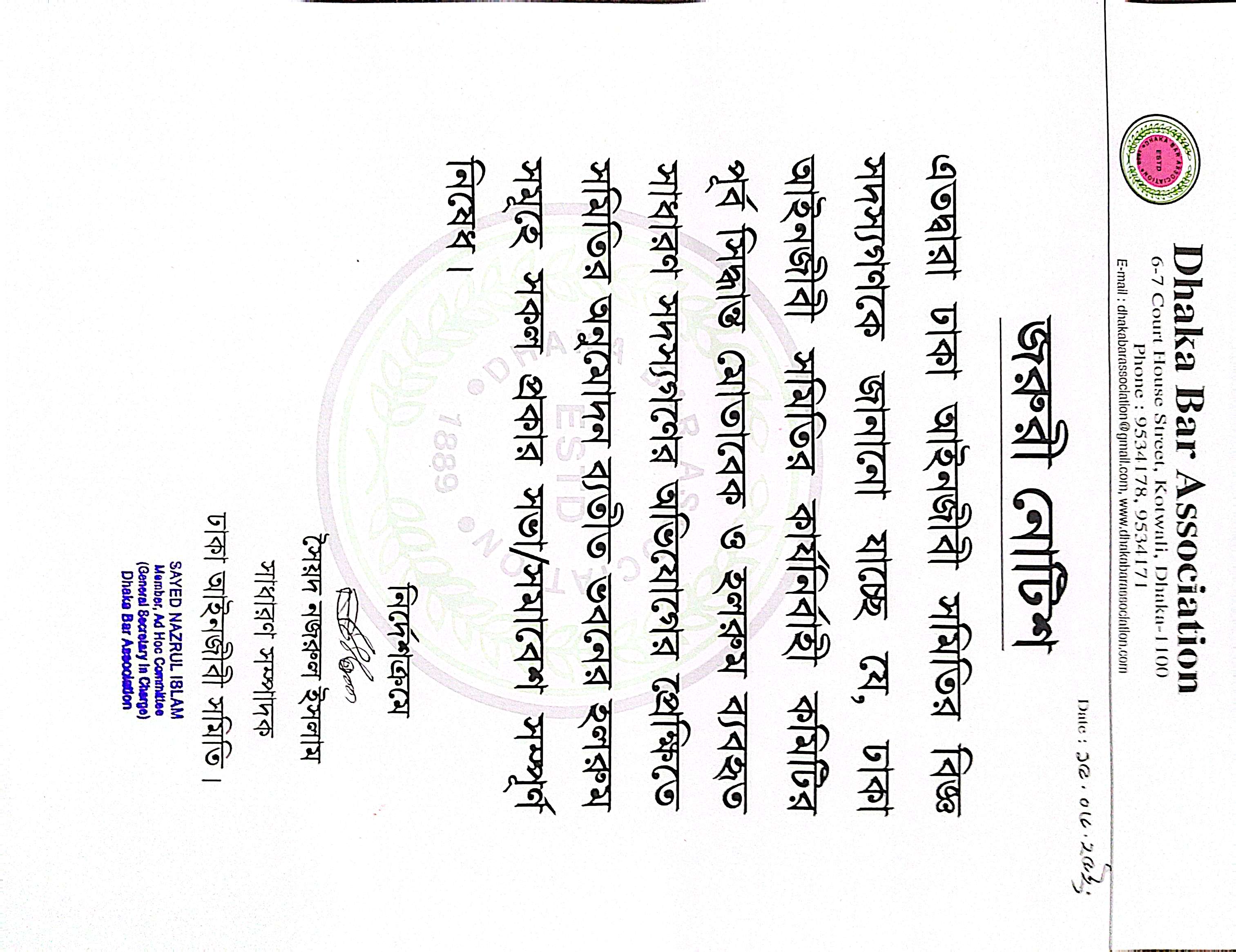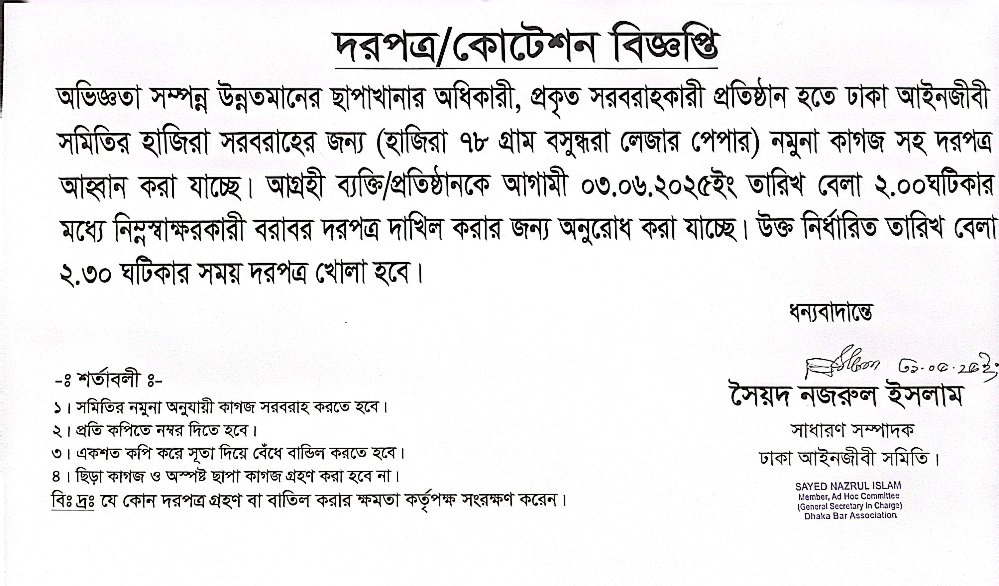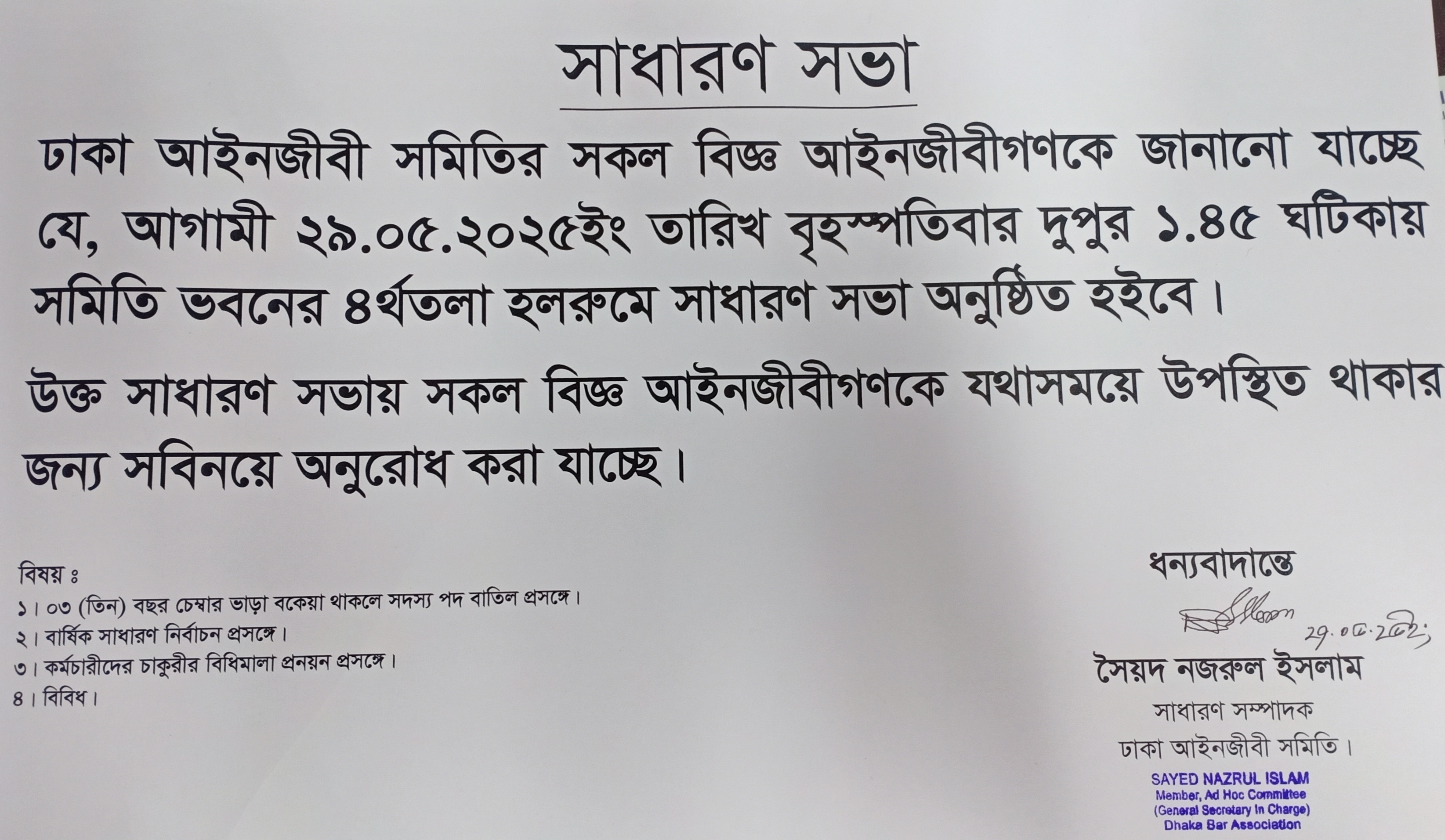
In continuation of the series of events organised by the Liberation War Museum (LWM) on the occasion of the birth centenary of Bangabandhu Sheikh Mujibur Rahman, a virtual discussion titled 'The Judicial Process of Bangabandhu Murder Case and Its Verdict' was held on the last evening of the mournful August. Mr. Justice Obaidul Hassan from the Appellate Division, Mr. Justice M Enayetur Rahim and Madam Justice Kashefa Hussain from the High Court Division of the Supreme Court of Bangladesh participated in the discussion.
The event began with the welcome speech given by one of the trustees of the LWM, Dr. Sarwar Ali. In his remarks, he gave a historical brief on Bangabandhu's killing, the politicisation of justice and unreasonable delay in trial process. In particular, he opined that a culture of impunity was promoted in the post-1975 political scenario, due to which, the family members of Bangabandhu as well as the whole nation had to wait for 34 years to receive the final verdict from the highest court of the country. Speaking on behalf of the LWM Trustee Board, Dr. Ali recognised the trial process of Bangabandhu killing, its judgment and execution as one of the prime developments in establishing the rule of law in Bangladesh. He concluded his speech by remembering the contribution of some prominent legal figures who made justice a reality, namely Advocate Sirajul Hoque, former District and Session Judge Kazi Golam Rasul, former Attorney General Mahbubey Alam, and constitutional law expert Mahmudul Islam.
Madam Justice Kashefa Hussain spoke at the beginning of the main discussion. She considered the day of Bangabandhu killing as the beginning of a dark chapter in the history of the post-independent Bangladesh. She further focused on the post-1975 political upheavals and its adverse aspects that directly put a halt to the legal motion. The Indemnity Ordinance, being passed on 26 September 1975 and validated afterwards through the fifth constitutional amendment, was a political attempt to prevent justice from taking its course, leading to a legal inertia for 21 years. When the case was finally brought before the court, it further went through the regular criminal procedure that caused procedural entanglement. She opined that such entanglement could have been avoided if this case had been adjudicated under a special law. She finally hoped that some of the convicted individuals who are still free and living as fugitives, would be brought back to Bangladesh so that people could see the full implementation of the verdict.
Mr. Justice M Enayetur Rahim then highlighted the political reluctance in different regimes as the main obstacle in bringing Bangabandhu's killers to book. After the Indemnity Ordinance was repealed in 1996 by the Awami League-led government, the course of ensuring justice for Bangabandhu and his family members gained its normal pace, but at the cost of time. When the case was initiated, some of the accused showed resistance by questioning the legality of the trial. Mr. Justice M. Enayetur Rahim praised the judiciary's role in overcoming the hurdles as well as amplifying the definitional ambit of "criminal conspiracy". Despite the delay that ensued on various political grounds, he appreciated the then government's initiative to follow the existing criminal procedure mechanism to make the trial process an acceptable one both at home and abroad.
Agreeing with the earlier speakers, Mr. Justice Obaidul Hassan gave a brief account of some of the historical dates. His speech covered the case's journey to the upper courts from the subordinate court. He termed the assassination of Bangabandhu as the result of a concerted effort with domestic, foreign, and military patronage. Attempts had been made to divert the court by raising legal questions at various times even after the commencement of the trial. Navigating through the adverse environment, the judiciary also failed to perform its duties properly. On the other hand, there were complications with the judges of the case, which fueled the passage of time. Despite the court's extraordinary jurisprudential explanation of criminal conspiracy and mutiny, Mr. Justice Obaidul Hassan expressed his frustration at the acquittal of some accused persons who took the advantage of benefit of doubt. He then expressed his hopes that the government would soon form an independent commission to fully unravel the mystery of Bangabandhu's assassination.
The event was covered by Md. Ikra, a graduate student of Law at Bangladesh University of Professionals and volunteer to the Liberation War Museum.

